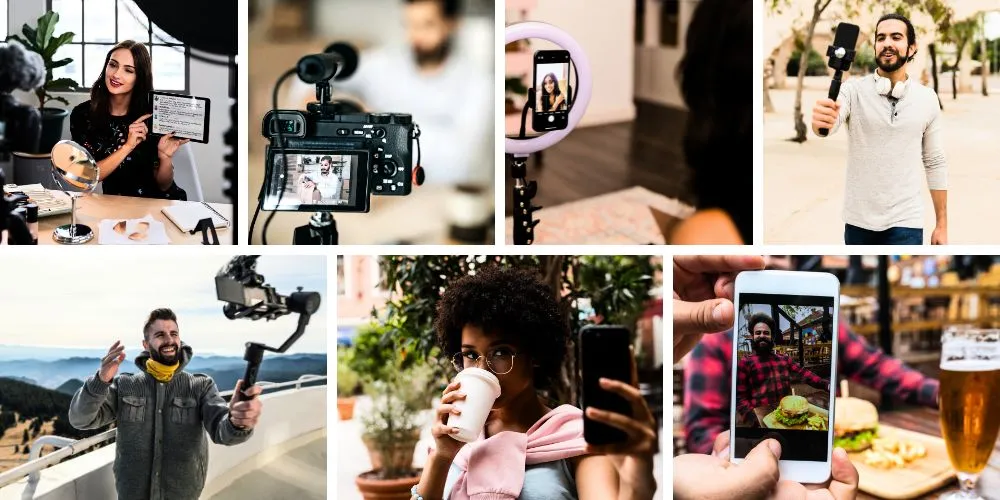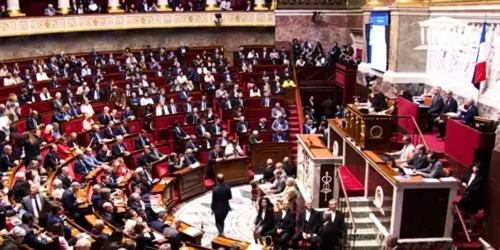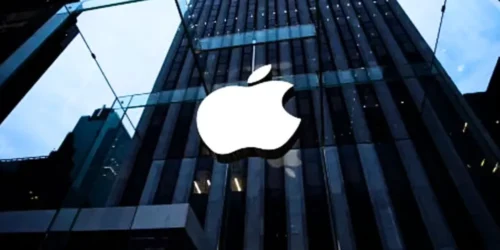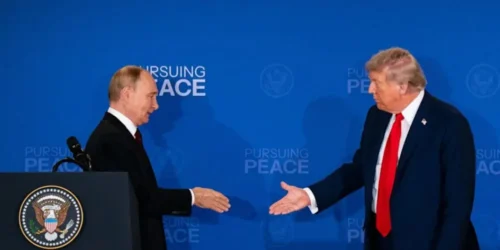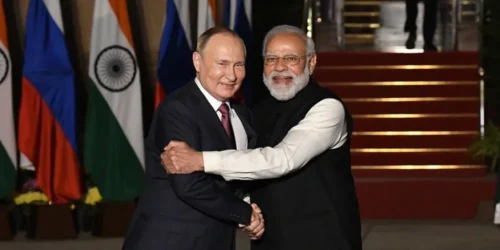Once, fame was a byproduct of a tangible skill. You could sing, act, write, or play an instrument, and celebrity was the result. Today, we have a new kind of celebrity: the influencer. These are famous people simply for being famous, who have built empires not on talent, but on the relentless curation of a “relatable” online persona. This shift represents a hollow, commercialized, and ultimately damaging turn in our culture.
A Career Built on Air
What is the core product of an influencer? It is their life. Or rather, a carefully constructed, beautifully lit, and perpetually happy version of their life. They are not selling a song or a performance; they are selling an aspirational lifestyle. This creates a strange dynamic where fame is untethered from any discernible craft, celebrating image over substance.
The Authenticity Farce
The currency of the influencer is “authenticity.” They perform vulnerability, share “unfiltered” moments, and speak to their followers as if they are close friends. But this is the greatest illusion of all. Every post is a performance, every candid shot is staged, and every heartfelt recommendation is often a paid sponsorship. It is a highly manufactured reality designed to build trust for the sole purpose of monetizing it.
The Never-Ending Commercial
Following an influencer is like opting into a non-stop commercial break. Their lives become a billboard for diet teas, fast fashion, and subscription boxes. Their audience is not a community to be engaged with, but a consumer base to be marketed to. The line between genuine expression and a sales pitch has been completely blurred, rendering human connection a mere transaction.
A Mental Health Minefield
This culture is damaging for everyone involved. For the influencer, the pressure to maintain a perfect, algorithm-pleasing persona is immense and can lead to burnout and anxiety. For the audience, particularly young people, the constant exposure to these unattainable, curated lives breeds comparison, inadequacy, and depression. We are comparing our real-life bloopers to someone else’s highlight reel.
Conclusion
We need to demand more from the people we give our attention to. We should seek out creators with genuine passions, skills, and perspectives, not just those who are adept at personal branding. Influencer culture, in its current form, is a shallow spectacle that profits from our insecurities. It’s time to look beyond the empty performance and start searching for something genuine.

